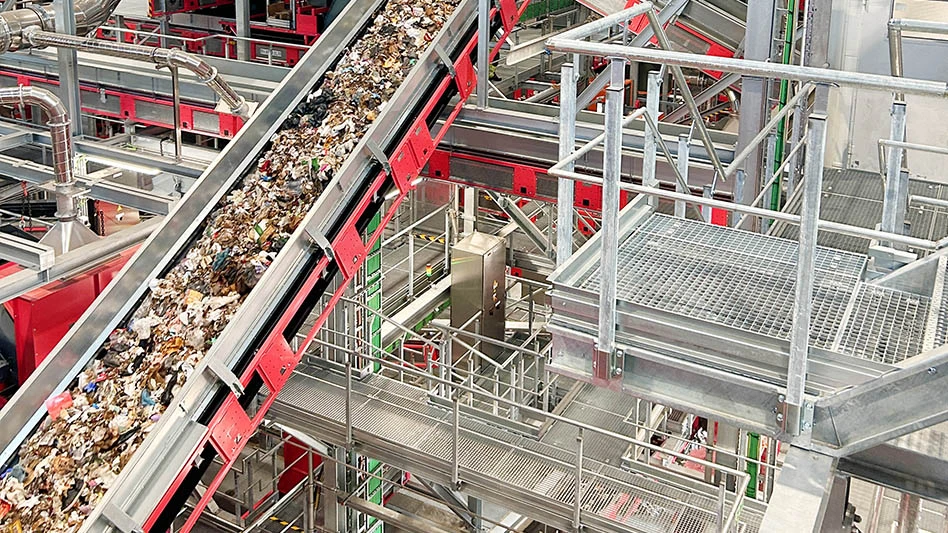
The Pennsylvania Department of Environmental Protection (DEP) will now require all landfills that take solid fracking waste to test their leachate for radioactive materials common in oil and gas waste.
Prior to this decision, landfills were only required to test leachate for various contaminants, including vinyl acetate, bicarbonate, iron and others. The additional step of including radioactive materials will allow the DEP to evaluate the presence of radium in landfills.
“We take seriously our responsibility and duty as an environmental steward,” Gov. Tom Wolf said in a statement. “This additional requirement will improve public confidence that public drinking water and our precious natural resources are being appropriately protected.”
DEP currently identifies contaminants in leachate through reports sent from landfills on a quarterly basis. DEP has begun the process of updating its reporting document to include radium-226 and radium-228, which will be implemented later this year. All landfills, including those that accept oil and gas wastes, will be required to test for these radiological contaminants.
“Earlier this year, my office urged Governor Wolf to direct DEP to prevent harmful radioactive materials from entering Pennsylvania waterways, and I commend this action,” said Attorney General Josh Shapiro. “Pennsylvanians living next to landfills and in the shadow of fracking wells have a constitutional right to clean air and pure water, and the improved monitoring and promised analysis by DEP is a step in the right direction.”
DEP has conducted several investigations into potential radiological contamination associated with unconventional oil and gas waste, including a large-scale investigatory study of Technologically Enhanced Naturally Occurring Radioactive Material (TENORM) in 2016, as well as testing of leachate from the Westmoreland Sanitary Landfill (WSL). In both cases, DEP or DEP-certified laboratories have analyzed leachate collected for radium-226 and radium-228, which are naturally occurring radiological substances found deep underground. Specifically, samples taken of WSL's leachate showed radium levels far below federal action levels.
The study did not identify significant differences in radium levels between landfills that accept oil and gas waste compared to those that do not. Testing results in all cases were lower than effluent limits for radium-226 and radium-228 established by the U.S. Nuclear Regulatory Commission (NRC) for facilities under its jurisdiction.
However, the study also concluded that additional evaluation of the potential for oil and gas-derived waste to radiologically impact landfill leachate was necessary.
Since the study was published, DEP has taken steps to address radiation concerns, including requiring Radiation Protection Action Plans for unconventional oil and gas operations that generate TENORM and updating limitations, as well as applying enhanced tracking efforts for the landfill disposal of TENORM-containing waste. Testing for radium in landfill leachate is another step in DEP’s ongoing efforts to appropriately ensure public confidence and protect public health.
DEP will also implement longer-range steps based on the data reported by landfills, including collecting and analyzing two years of quarterly data so that fluctuations in oil and gas waste disposal volume are adequately captured and take any immediate action that is necessary to protect human health or the environment if it finds that federal action levels are exceeded.
Latest from Waste Today
- US Senate backs reduced cuts to EPA
- ELV Select Equipment, Reworld aid NYPD in secure firearm disposal
- Waste Connections announces Q2 results
- Returnity and Cosmoprof to address reusable bag waste
- SWANA releases report on aging WTE facilities
- New economic assessment reveals cost benefits of California’s SB 54
- Premier Truck Sales & Rental opens new facility
- TeknTrash Robotics, Sharp Group partner on humanoid robot pilot





